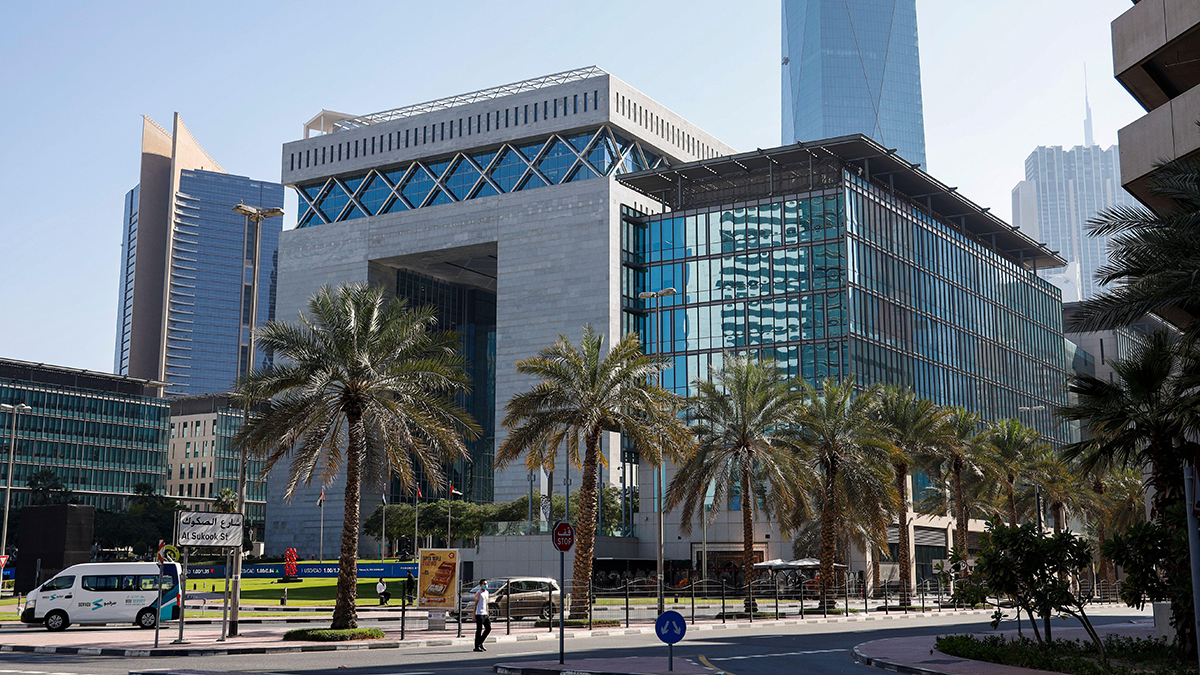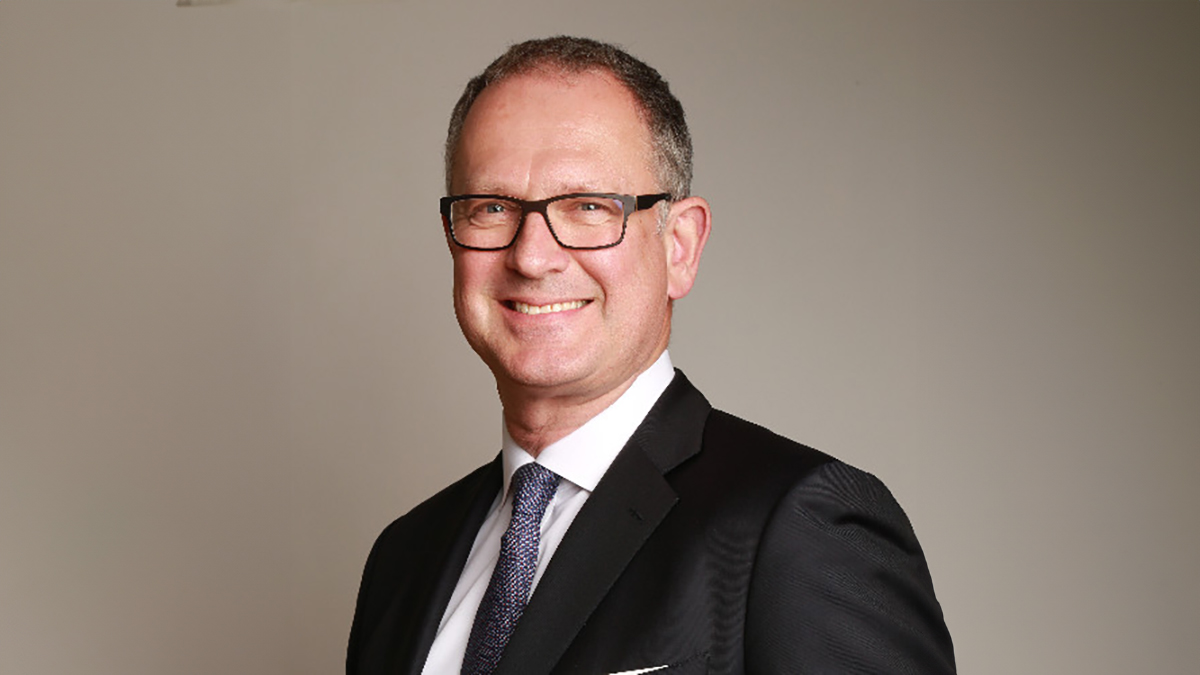Real fitness starts with core strength: Nexus’s Rouse
‘It’s about making sure we have the bench strength so when we make an acquisition, our core operating platform has the capacity to take more volume and create more diversification,’ the MGA’s chief executive, Stuart Rouse, says
In his first interview since becoming Nexus Underwriting’s chief executive, Stuart Rouse describes the vital features of a healthy managing general agent
The secret to growing a managing general agent (MGA) is investing internally to be better able to support organic growth and the businesses it acquires, according to Stuart Rouse, group chief executive of Nexus Underwriting and its parent company, Kentro Capital.
Founded in 2008 and 18 acquisitions later, Nexus is now the biggest and most profitable specialty MGA in the London market. It has 325 people in 12 countries and a projected gross written premium this year of $650m.
“We’ve found when we acquire a business, the investment we’re making in our operational infrastructure means we can integrate and support it by providing support from the centre,” Rouse tells Insurance Day in his first media interview since his promotion from joint chief financial officer and chief operating officer a year ago.
“We absorb some of the strain and provide it with the solution it needs, be that from a financial, actuarial or teammate point of view,” he adds.
Nexus’s growth received fresh impetus in October 2023 when it was bought by Brown & Brown, which also includes Arrowhead, the world’s biggest MGA by revenue and market share. At $1.07bn and 6.18% respectively, these figures place Brown & Brown easily ahead of its closest rival, Truist Insurance Holdings, with $615m and 3.55%.
Rouse says Brown & Brown’s signal to Nexus has been clear from the outset: invest to grow.
“In the past, we acquired and then invested, whereas now I’m making sure we’re prioritising investment in our infrastructure and we’re doing that with the full backing of Brown & Brown,” Rouse says.
“Whether it’s data analytics or how we move forward with artificial intelligence, it’s about making sure we have the bench strength so when we make an acquisition, our core operating platform has the capacity to take more volume and create more diversification,” he adds.
Geographical footprint
Nexus’s latest MGA acquisition – and also its first since it was bought by Brown & Brown – is Arma, a specialty reinsurance MGA based in Dubai. Arma’s commercial lines comprise property, global energy and liability, while its consumer lines include personal accident and travel, high-net-worth and high-value motor.
Rouse describes Arma as “probably the most established” of Nexus’s 25 underwriting business units and describes Arma’s 20 underwriters as a “huge engine” for Nexus’s future growth in the emirate, where MGAs are “now competing with insurers”.
Arma’s chairman and chief executive, Michael Rafter, is “working hard”, Rouse continues, with Nexus’s UK, Europe and international chief executive, James Lawrie, on pushing this opportunity for expansion further, into other parts of the Middle East and Asia over the next 18 months.
The US is already a large area of business for Nexus, but it is expanding faster than any of its other established units and Rouse expects it to grow more than 15% this year. The US administration’s policy on tariffs, however, is creating uncertainty for the insurance sector, as for any other industry, and requires companies to be “nimble” while still working within any new rules, he says. Nexus is mindful, though, of the fact this uncertainty means its clients are taking longer than usual to make decisions.
“In the past, we acquired and then invested, whereas now I’m making sure we’re prioritising investment in our infrastructure and we’re doing that with the full backing of Brown & Brown”
Stuart Rouse
Nexus Underwriting
“The risks they face that involve big placements entail a lengthy decision-making process and we understand, given some of the challenges in the US, it is taking longer than usual for us to land some of the bigger opportunities,” Rouse says.
He continues: “Our clients are definitely taking longer to commit, to sign up before they trade, because they’re evaluating their whole business environment and the export/import challenges. We’re having to build this into our planning and forecasting, but they are still buying our products and the growth is good. It’s just taking longer.”
In the UK and Europe, Nexus is focused on retaining its underwriting portfolios, talent and profitability. “Where we can we will add to these units by bringing in new teams or individuals, but the focus is on retention,” Rouse says.
Nexus wants to increase its European footprint, he stresses, but it is difficult to recruit underwriting expertise. “There are numerous MGA consolidators in Europe and finding the right individuals to help us grow is a challenge,” he says, adding he and his team are working out how Nexus can write a bigger share of the trade credit, financial lines and travel products in Germany, the Netherlands and Italy.
Product trends
Financial lines rates have been softening in the UK and US markets over the past couple of years, Rouse notes, but in the past 12 months Nexus has managed to add new insurer partners that have approached the company. “An interesting development is carriers are coming to us with opportunities, which is allowing us to move into new areas,” Rouse says. “That market is competitive but we’ve been able to grow and to make some really important strategic decisions about how we move it forward,” he adds.
Trade credit is a “big pillar” within Nexus’s UK and European business, although economic uncertainty does increase some of the risk factors for what it underwrites. Rouse says: “A big focus for us in trade credit, where we’ve made significant underwriting profitability over the past four to five years, has been to keep hold of that portfolio and to ensure our relationships with our brokers and clients are strong by providing more value-added products so they can manage their risks alongside their assets.”
Specialty casualty offers Nexus the biggest opportunity for growth, he continues, and the company has recruited veteran underwriters to support this effort. “Once we’ve grown our specialty casualty lines in the US, we will look at geographical expansion of those products in the UK and into Europe as much as we can, and at the right price for our clients,” he says.
Reinsurance also offers an “abundance of opportunity” and Nexus has added several new insurer partners over the past 12 months, which have helped the company grow geographically, Rouse says. “Pricing is, as ever, competitive, but there are opportunities for us and we expect there will continue to be for the next 18 months,” he adds.
Last year, Nexus launched an alternative risk transfer (ART) business line thanks to its recruitment of Christof Bentele as president of Nexus specialty casualty in the US. That provision is now backed by Axa, Beazley and Hiscox and Rouse says Nexus is now a market-leading capacity provider for ART.
“We’re making good progress and we’re investing heavily,” he says, adding another senior underwriter will be joining that team in the third quarter of this year.
He continues: “This will be another fantastic addition to that expanding product line for us in the US, which is the biggest ART market currently. We’re very excited by what we’ve seen over the past nine months and what it holds for the next 24 months is really exciting.”
Perceptive underwriting
Nexus says it offers “perceptive underwriting” and Rouse gives three examples of what that means in practice.
In response to regulatory changes by the UK Civil Aviation Authority and the EU Aviation Safety Agency over the past 12 months, Nexus’s Millstream Underwriting unit now offers coverage for cabin crew, such as when they are medically unfit for work on board an aircraft, whereas previously only pilots were able to obtain coverage, such as for loss of licence.
A second example is the ATA carnet provided by Nexus Marine, the specialist marine cargo insurer previously known as Vectura Underwriting, which Nexus acquired in 2017. This temporary “passport” enables manufacturers, for example, to travel freely with their goods without the requirement to pay import taxes when they go from country to country.
A third example is the underwriting capacity Nexus has gained for its new transactional liability team in Dubai, as one of the few MGAs to enter that market. “We’ve got an advantage now and are providing solutions to our broker partners who are looking for localised solutions for transactional liability,” Rouse says.
Opportunities and challenges
Rouse highlights two main challenges to growing an MGA in the global specialty market.
The first is the abundance of new MGAs. “For a number of years now it seems every week I read about a new MGA,” Rouse says, “and there continues to be movement from the traditional insurer towards the MGA market.”
To compete successfully, an MGA must have a robust platform, differentiate its products, recruit the best talent it can afford and retain its portfolios, Rouse stresses. Nexus has those ingredients, he adds, and its “very strong” underwriting profitability over the past five years is testament to that.
On the opportunity side, Nexus’s reputation is such that it “continues to be approached”, Rouse says, not only by new clients but also by underwriters with niche expertise. For example, Nexus plans to launch a fine arts unit in the US in the third quarter of this year, led by Pete Gosselink, who joined the company in May as head of fine art.
Another opportunity is the “huge movement” by both brokers and MGAs into the United Arab Emirates (UAE). “There aren’t too many insurance markets growing at the moment, but the UAE is a genuine growth opportunity and we are there to push more products and deliver underwriting returns for our insurer partners,” Rouse says.
Rouse hopes to deliver more acquisitions this year and next but stresses a key lesson he has learned after 32 years working in underwriting.
“It’s important to travel to our teammates; to go and see them in their offices and to talk with them face to face because this is a people business. Being seen by them where they are is so important to be able to understand what I can do to make their roles easier. And I’ve got to make sure we grow our business, not only by expanding our talent but by looking after and holding on to the asset we have today.”



